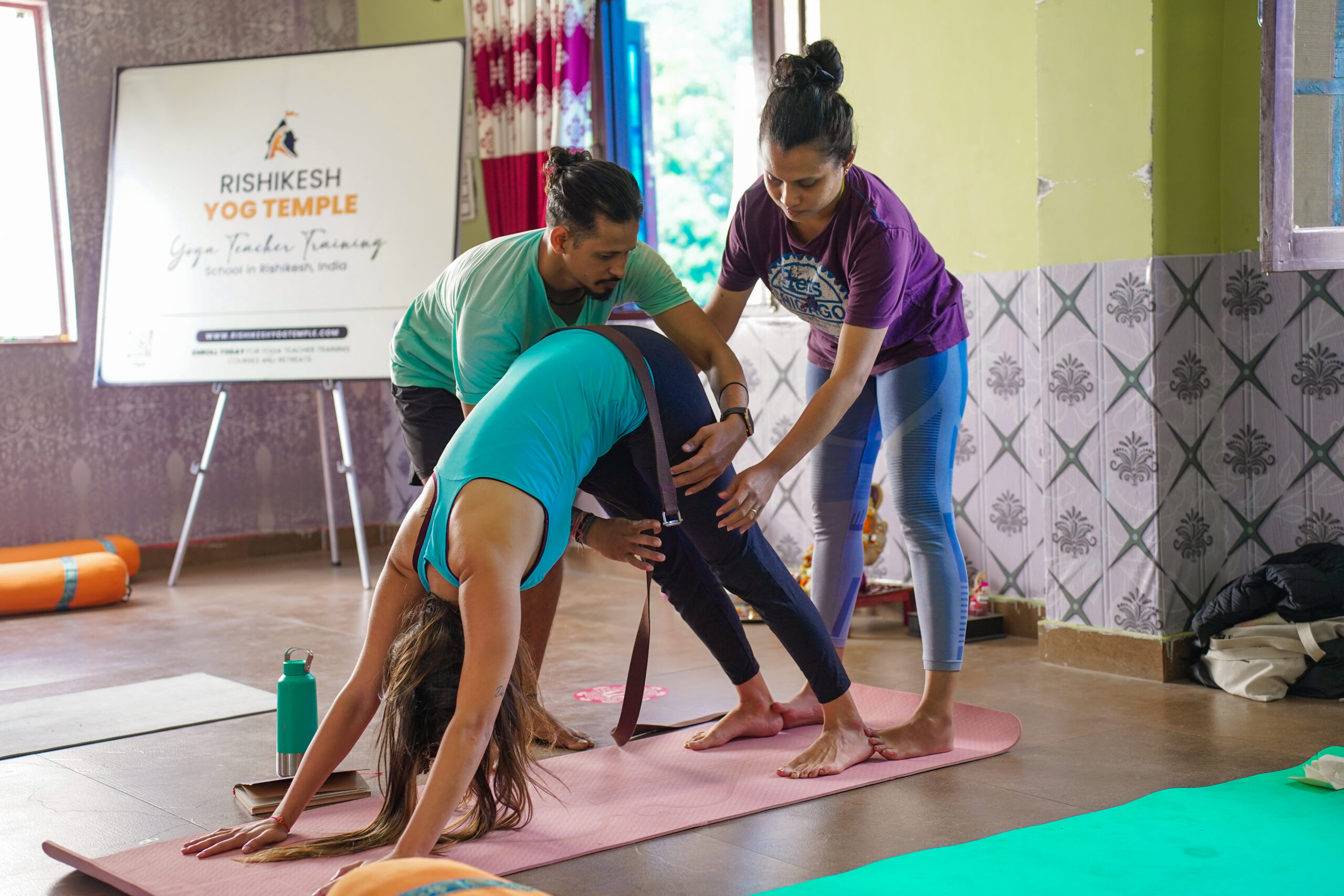Alignment yoga, also known as alignment-based yoga or Iyengar yoga, is a practice that places a strong emphasis on correct body alignment and positioning in every yoga pose. It focuses on precise placement of body parts and the engagement of muscles to achieve optimal alignment and posture. Alignment yoga is highly valued for its ability to enhance both physical and mental well-being. Let's explore the importance of alignment yoga in more detail:

Physical Well-being
Alignment yoga offers a myriad of physical benefits by improving flexibility, strength, and balance. By paying close attention to alignment in each pose, practitioners gain a deeper understanding of their body's structure and mechanics. This heightened awareness helps identify and correct imbalances, release tension, and improve overall posture. Optimal alignment also provides proper support to the body, making it especially beneficial for individuals dealing with physical limitations or conditions.
Body Awareness:
Alignment yoga nurtures a heightened sense of body awareness. By practicing deliberate and conscious movements, individuals develop a greater ability to listen to their bodies and identify areas of tension or imbalance. This awareness extends beyond the yoga mat, enabling practitioners to make healthier choices, adopt better postural habits, and address physical issues before they escalate.
Mind-Body Connection:
Alignment yoga emphasizes the integration of the mind, body, and breath. By focusing on alignment and engaging specific muscles, practitioners forge a profound connection between their physical and mental states. This mind-body connection cultivates mindfulness and presence, facilitating a sense of inner calm, stress reduction, and improved overall mental well-being.

Suggested Read- My Experience at Yoga School in Rishikesh
Precision and Intention:
Alignment yoga encourages practitioners to approach each pose with precision and intention. This mindful approach fosters concentration, focus, and discipline. By attending to the nuances of alignment, individuals refine their practice and deepen their understanding of yoga. Furthermore, this attention to detail encourages practitioners to let go of competitive or ego-driven tendencies, promoting a more compassionate and non-judgmental attitude towards themselves and others.
Therapeutic Benefits:
Alignment yoga has therapeutic qualities, as it can be adapted to accommodate diverse body types, ages, and physical conditions. With its emphasis on precise alignment and modifications, it becomes a valuable tool for individuals seeking relief from specific ailments such as back pain, joint issues, or postural imbalances. By practicing yoga in a safe and supportive environment, individuals can experience healing and improvement in their overall well-being.

Suggested Read- Why is Rishikesh Famous for Yoga?
Alignment yoga offers a multitude of benefits that extend beyond the physical realm. It provides a framework for proper alignment and postural integrity, nurtures body awareness and mindfulness, enhances the mind-body connection, fosters discipline and intentionality, and can be adapted for therapeutic purposes. By incorporating alignment-based principles into their yoga practice, individuals can experience improved physical health, enhanced mental well-being, and a deeper understanding of themselves.
Join Rishikesh Yog Temple (best yoga school in rishikesh) 200-hour Yoga Teacher Training Course in alignment-based yoga. Learn from experienced teachers and become a certified yoga teacher. Refine your practice, explore alignment principles, and gain the skills to share yoga's benefits with others.
